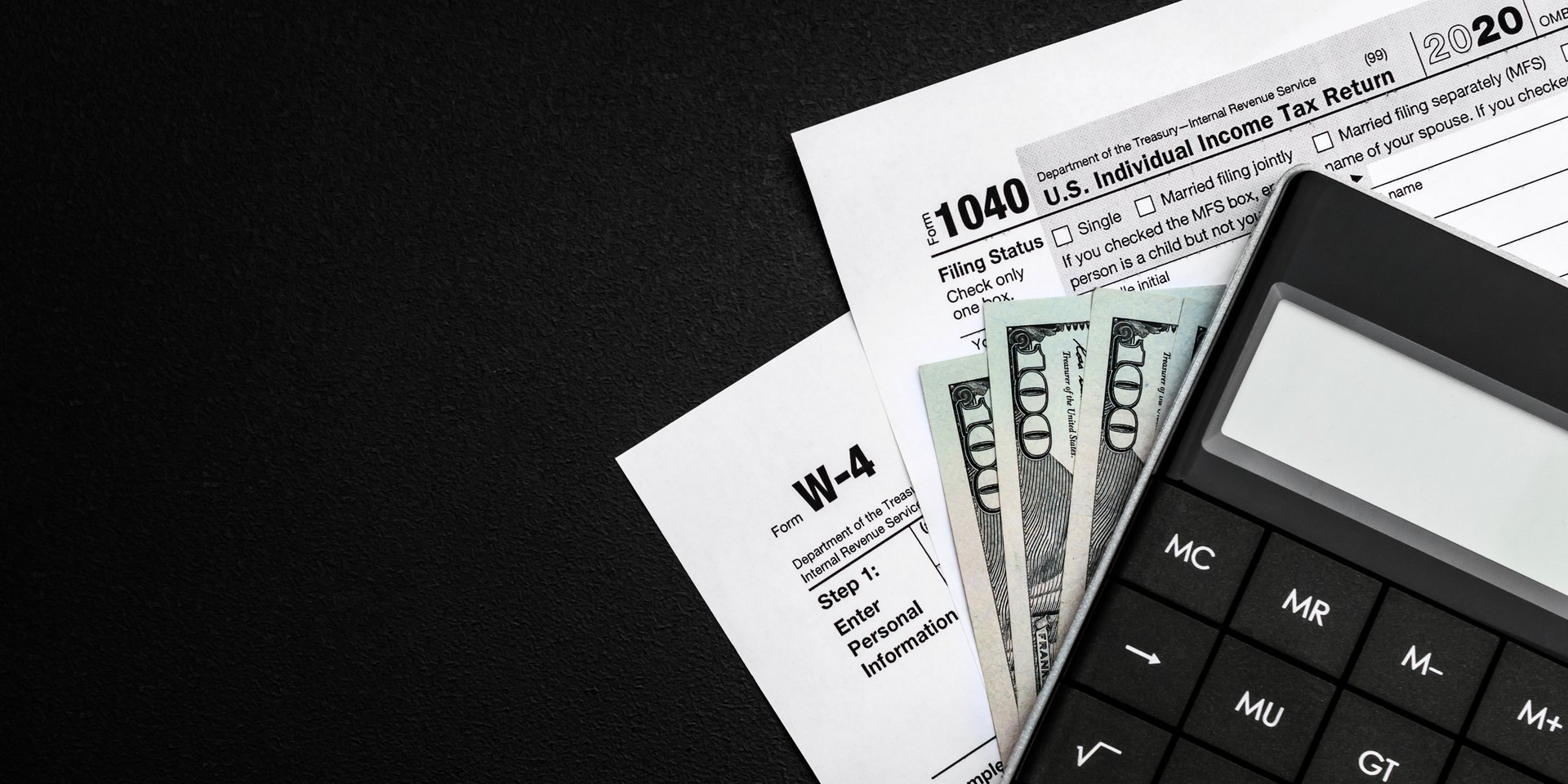
The Importance of Keeping a Mileage Log for Business Owners
Learn why you need to keep milege log!
6/22/20232 мин чтение


For business owners, managing expenses and maximizing deductions is crucial to maintaining a healthy bottom line. One often overlooked yet significant aspect of expense tracking is maintaining a mileage log. Whether you're a small business owner or a self-employed professional, diligently recording your business-related mileage can yield numerous benefits. In this blog post, we'll explore the importance of keeping a mileage log and how it can help business owners save money and streamline their operations.
Accurate Tax Deductions:
One of the most compelling reasons for business owners to maintain a mileage log is the potential for tax deductions. When you use your personal vehicle for business purposes, such as client meetings, deliveries, or site visits, you can claim a deduction for the business-related mileage driven. However, to satisfy tax requirements, you must provide accurate and detailed documentation of these miles.
A mileage log serves as irrefutable proof of the distances traveled for business purposes. It records essential details such as the date, starting and ending locations, purpose of the trip, and total mileage incurred. By maintaining a precise mileage log, you ensure that you can claim the maximum allowable deduction and reduce your tax liability.
Cost Control and Expense Tracking:
Beyond tax deductions, keeping a mileage log helps business owners gain better control over their expenses. It allows you to understand how much you're spending on transportation and enables you to track these costs over time. By monitoring your mileage, you can identify areas where you can potentially reduce expenses, explore alternative transportation methods, or optimize your routes to minimize fuel consumption and wear and tear on your vehicle.
Reimbursement and Billing Accuracy:
If you have employees who frequently use their personal vehicles for business purposes, a mileage log becomes indispensable. It enables you to accurately reimburse your employees for their mileage expenses based on the distances traveled. Additionally, if you bill clients or customers for travel-related expenses, maintaining a mileage log ensures that you invoice them accurately and transparently.
Compliance with IRS Requirements:
In the event of an audit or examination by the Internal Revenue Service (IRS), having a well-documented mileage log is crucial. The IRS requires detailed records for all business-related deductions, including mileage. By consistently maintaining a mileage log, you can demonstrate your compliance with IRS regulations, mitigate potential penalties, and avoid unnecessary stress during tax audits.
Streamlining Business Operations:
A mileage log isn't just a tool for financial management; it can also contribute to streamlining your business operations. By tracking your mileage, you can identify patterns in your travel, assess the efficiency of your routes, and make informed decisions regarding scheduling and logistics. This information can help you optimize your time and resources, allowing for improved productivity and cost-effectiveness.
Maintaining a mileage log may seem like a small administrative task, but its impact on a business owner's finances and operations cannot be underestimated. The ability to accurately track and document business-related mileage not only ensures compliance with tax regulations but also provides insights into expenses, enables precise reimbursement, and aids in optimizing business operations.
By taking the time to keep a meticulous mileage log, business owners can maximize tax deductions, control costs, streamline operations, and maintain accurate records for potential audits. Embracing this practice demonstrates a commitment to financial responsibility and sets the stage for better financial health and long-term success.
